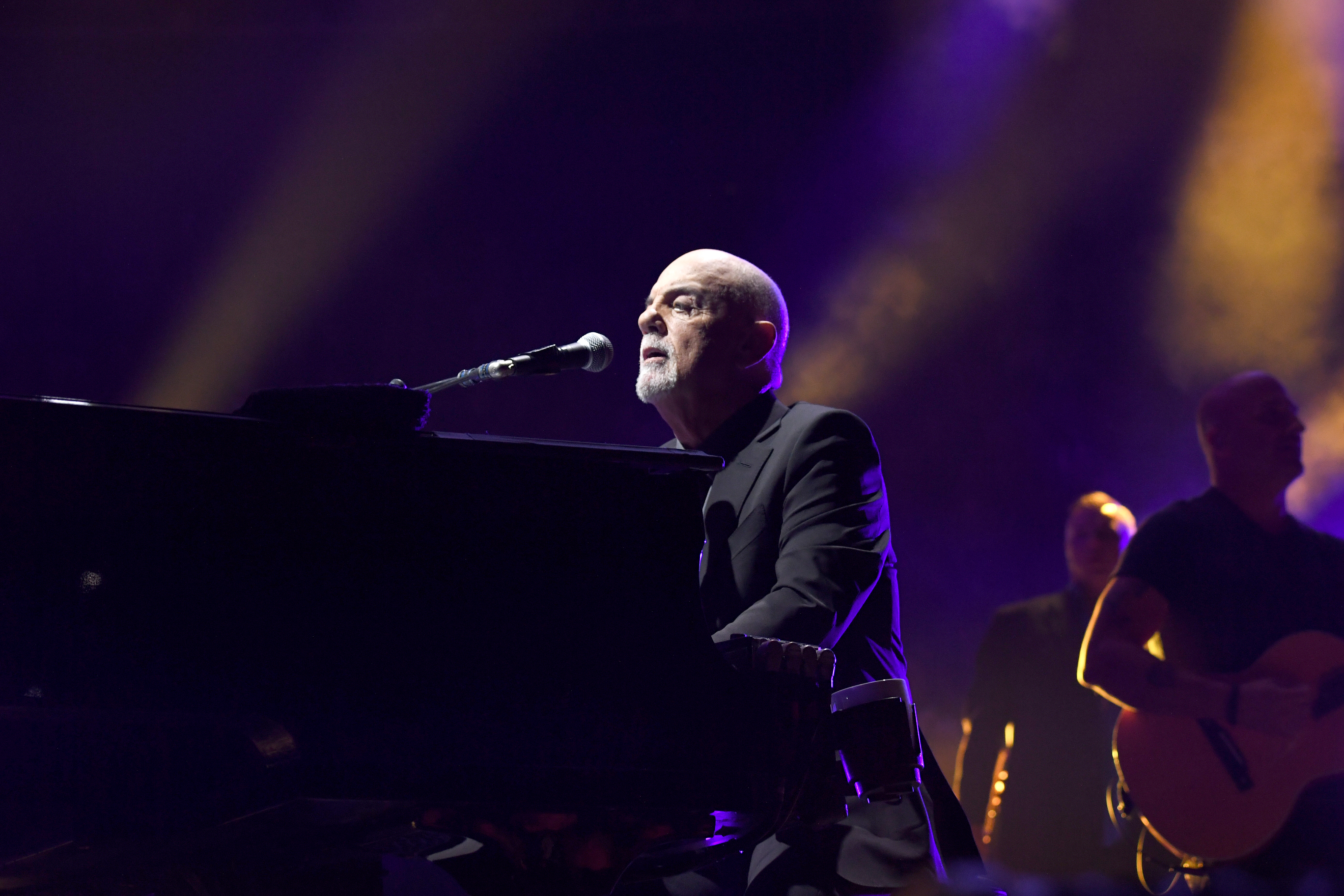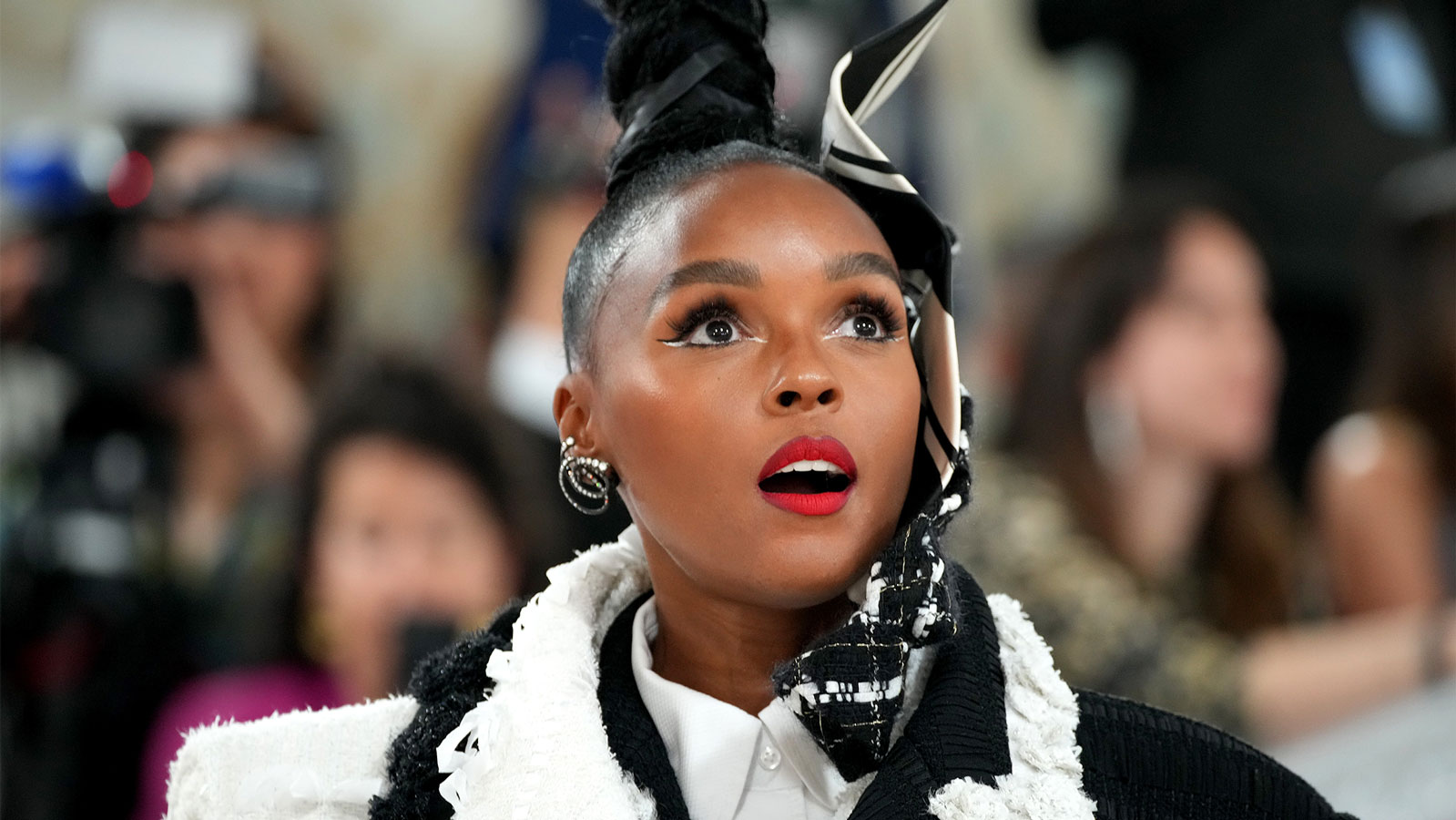It can seem like artificial intelligence has been introduced into so many areas of our lives in just the past few months — including music.
Now, Boston experts are considering how AI may impact the future of something we all love so much, including the potential legal ramifications of computer-generated music.
"Artificial intelligence brings up interesting questions about who’s creating, what they’re using to create, what’s a copy versus what’s not a copy and who should have control of things generated by computers using these AI systems," Boston-based attorney and partner at WilmerHale Louis Tompros said.
Get Boston local news, weather forecasts, lifestyle and entertainment stories to your inbox. Sign up for NBC Boston’s newsletters.
Tompros, who is also a lecturer at Harvard, handles intellectual property cases and has dealt with some pretty recognizable faces — including Mariah Carey and Pepe the Frog. But cases involving AI-created music could come across his desk soon, and he says there are still a lot of legal questions surrounding the matter.
The topic recently made headlines, when a new song by the Weeknd and Drake went viral on TikTok. The two popular Canadian artists weren't involved in the song at all, though. AI was apparently used to simulate the artists' voices, creating what many thought were striking results.
"It's been well established for a long time that it's not copyright infringement to copy someone’s style," Tompros said. "But is it different when I have to make copies of that to feed into a computer? That’s a really interesting question that’s not settled in the law right now."
Tompros said the song was eventually taken down from TikTok because there was a small piece of audio that was directly copied — a producer tag — but that obviously is not always the case with AI-generated work, which would be much harder to remove from a site if it is simply in the style of another artist.
"There's also a second set of intellectual property protections around right of publicity," Tompros said, explaining another legal framework that could be applied to AI art that imitates an artist. "It means that a celebrity cannot have their voice or likeness or image used without their consent."
"I think that a right of publicity claim might be something that Drake or the Weeknd or their music producers would have a pretty good claim to, if the AI song is being promoted as being something that is by them, or endorsed by them, or using them, or leaves the impression that it has Drake or the Weeknd's blessing."
As the legal world grapples with how to deal with these new situations, is the music industry at risk from AI's potential to create?
"Is AI going to put musicians out of work? I don't think so, in the way that drum machines didn't really put drummers out of work, in the same way that player pianos didn't put piano players out of work," explained Berklee College of Music professor Joe Bennett.
Bennett said that AI could be a tool that music producers use in the future, almost like common music-creating softwares like Garageband. However, he said humans still have quite an edge when it comes to penning a song.
"We’ve had some fun in the songwriting department trying to see if AI could write convincing meaningful lyrics," Bennett said. "Spoiler alert: We haven’t had a whole lot of luck."



